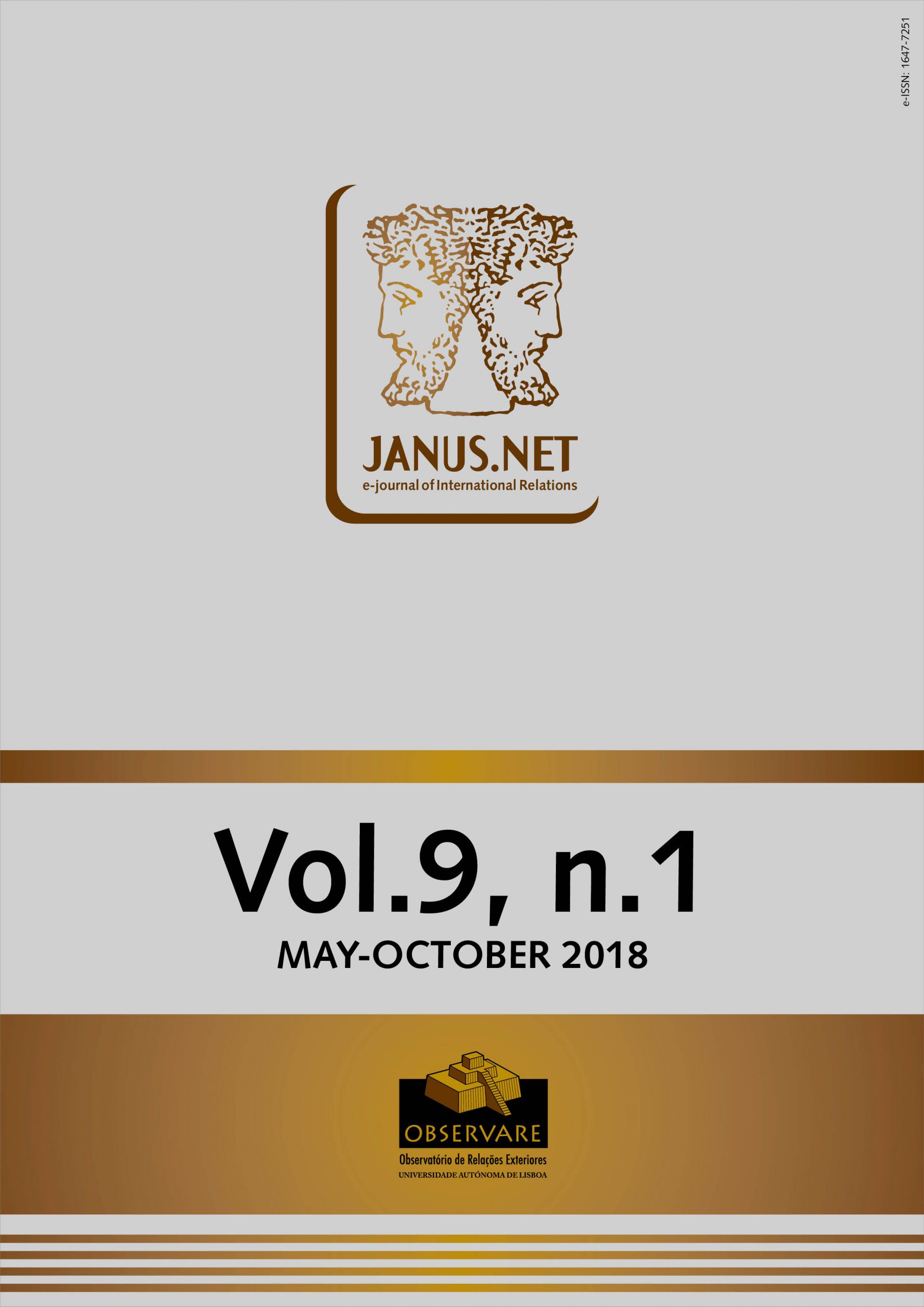Populism is a political phenomenon that is difficult to define and therefore to measure. It is both feared and glorified. Its theorising may itself be a political statement. Populism is extremist and anti-systemic, thus differentiating itself from what is popular and is generically accepted, but moderate in scope. It can be a political strategy, an ideology or a style easily propagated by the media, especially when defended by a charismatic leader, capable of generating emotions and galvanising the people.
Integrated Researcher of CEsA/CSG – Research in Social Sciences and Management of ISEG/University of Lisbon (Portugal) since 2013. Postdoctoral researcher and associate researcher at the History Centre of the Faculty of Arts of the University of Lisbon since 2017. PhD (2006-08) and Post-Graduate (2002-04) degree in Political Science and International Relations at the Institute of Political Studies of the Portuguese Catholic University (IEP-UCP). Master in Economics (1999-2000) at the University of Nantes, France. Degree in Economics (1995/99) from the University of Évora. National Defence Auditor (2012-14) at the National Defence Institute. Specialised Training Course for Short Term Observers at ISCSP (2016). Assistant Professor for five years. Experienced speaker, with regular publication of research articles nationally and internationally.
Resumo
Palavras-chave
Como citar este artigo
Galito, Maria Sousa (2018). “Populism as a political phenomenon”. JANUS.NET e-journal of International Relations, Vol. 9, Nº. 1, May-October 2018. Consulted [online] on the date of last consultation, DOI: https://doi.org/10.26619/1647-7251.9.1.4
Article received on 11 May, 2017 and accepted for publication on 31 August, 2017















